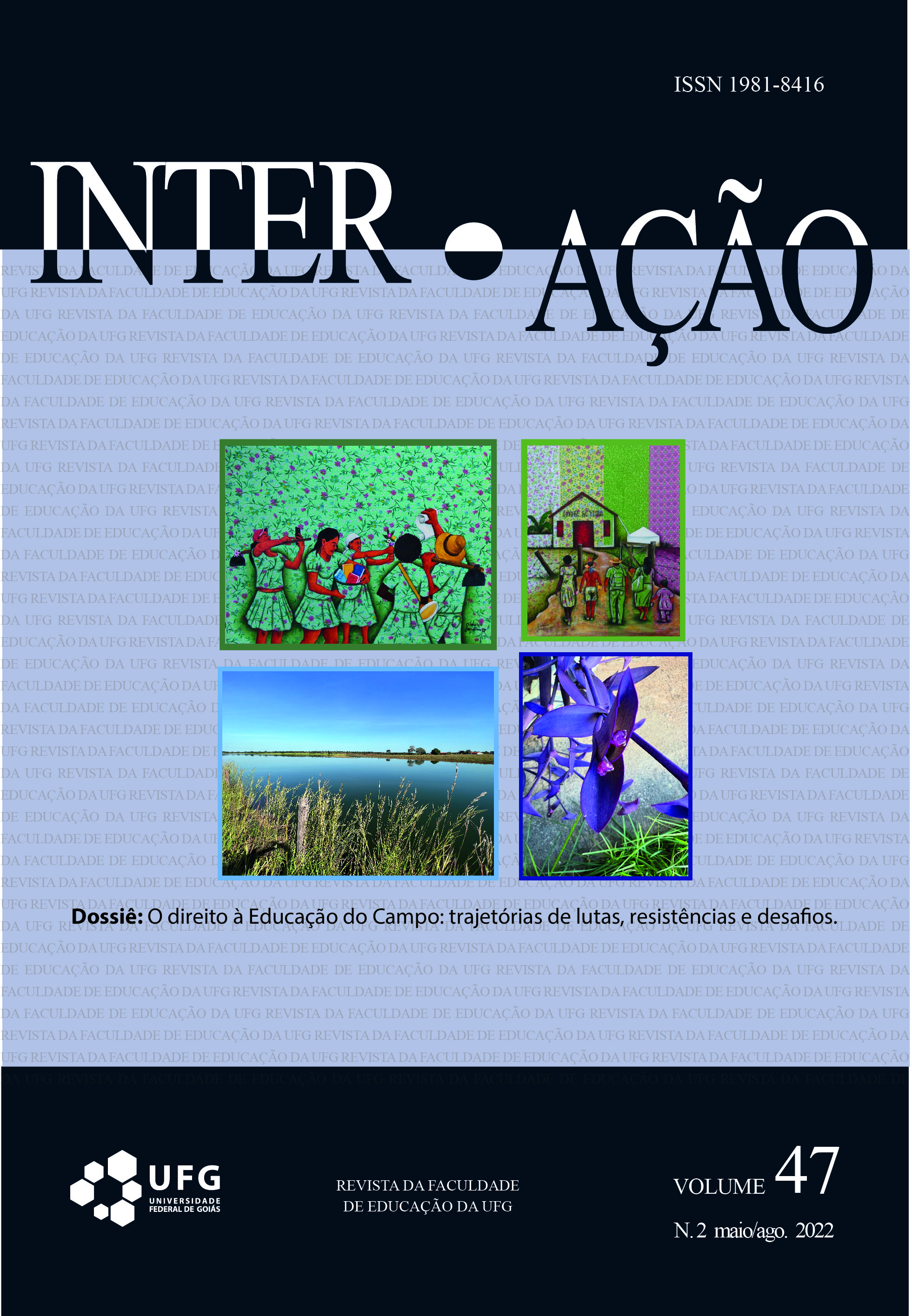DEMOCRATIC EDUCATION, HUMAN EMANCIPATION AND CIVIC-MILITARY FORMATION: AN ANALYSIS OF THE NATIONAL PROGRAM FOR CIVIC-MILITARY SCHOOLS (PECIM)
DOI:
https://doi.org/10.5216/ia.v47i2.71445Abstract
This qualitative and bibliographic article aims to reflect on the correlations between democratic education, human emancipation and civic-military training, based on the Critical Theory of Society. Under the premise that democratic education assumes the realization of a fair and equal society for all, of free and emancipated men, it resumes the trajectory of the struggle for the democratization of the education in Brazil, to emphasize on the advances of this process that enters the 21st century under a strong threat of setbacks. In order to elucidate the setback, an analysis of the National Program for Civic-Military Schools (PECIM in Portuguese) is presented. The results of the analysis point to the defense of a training perspective that aligned with neoliberal policies and conservatism, contradicts the formation of the human and compromises the democratization of the school, making education with an emancipatory meaning uncertain.
KEYWORDS: Critical Theory. Democratic Education. Emancipation. Civic-military Formation.
Downloads
Published
How to Cite
Issue
Section
License
Copyright (c) 2022 Cleonice Aparecida Raphael da Silva, Maria Terezinha Bellanda Galuch, Rubiana Brasilio Santa Bárbara

This work is licensed under a Creative Commons Attribution-NonCommercial 4.0 International License.
Inter-Ação uses the Creative Commons Attribution 4.0 License for Open Access Journals (Open Archives Initiative - OAI) as the basis for the transfer of rights. Open access means making documents available on the Internet free of charge, so that users can read, download, copy, distribute, print, search, or link to the full text of documents, process them for indexing, use them as input data for software programs, or use them for any other lawful purpose, without financial, legal, or technical barriers.
Authors publishing in this journal agree to the following conditions:
1) Authors retain copyright and grant the journal the right of first publication, with the work simultaneously licensed under the Creative Commons Attribution License, which permits redistribution of the work with attribution and first publication in this journal.
2) Authors are permitted to enter into additional, separate agreements for non-exclusive distribution of the version of the work published in this journal (e.g., for publication in an institutional repository or as a book chapter), with attribution and first publication in this journal.
3) Authors are permitted and encouraged to publish and distribute their work online (e.g. in institutional repositories or on their home page) at any time before or during the editorial process, as this may generate productive changes as well as increase the impact and citation of the published work.















